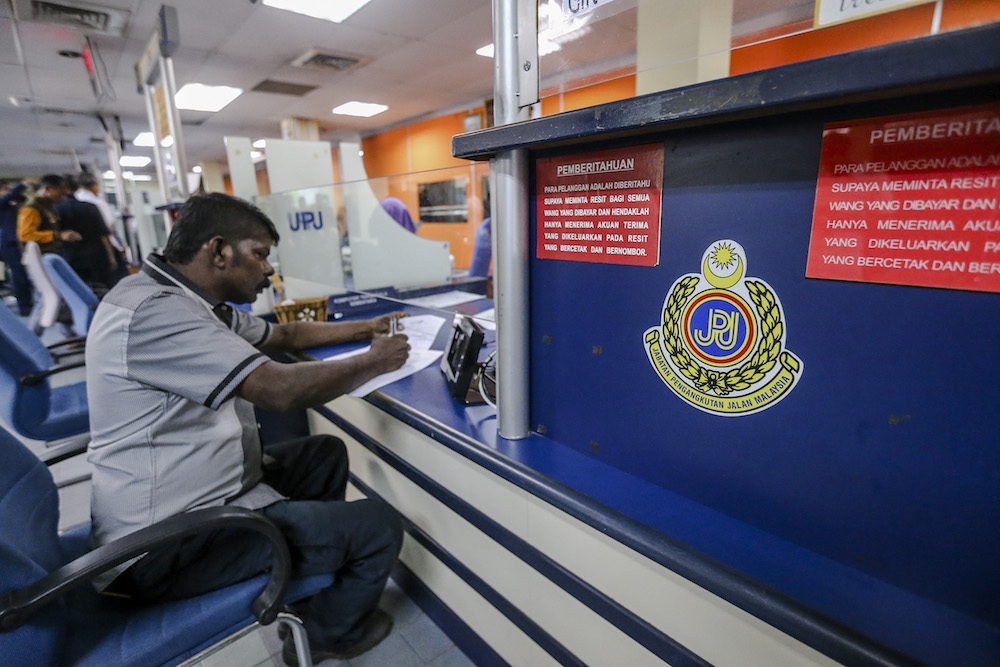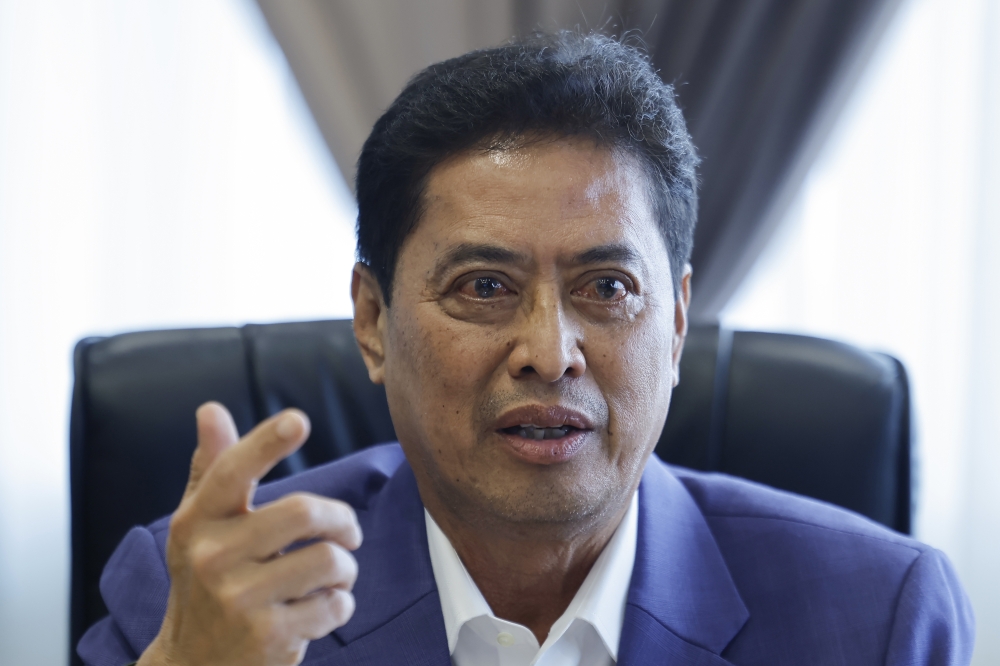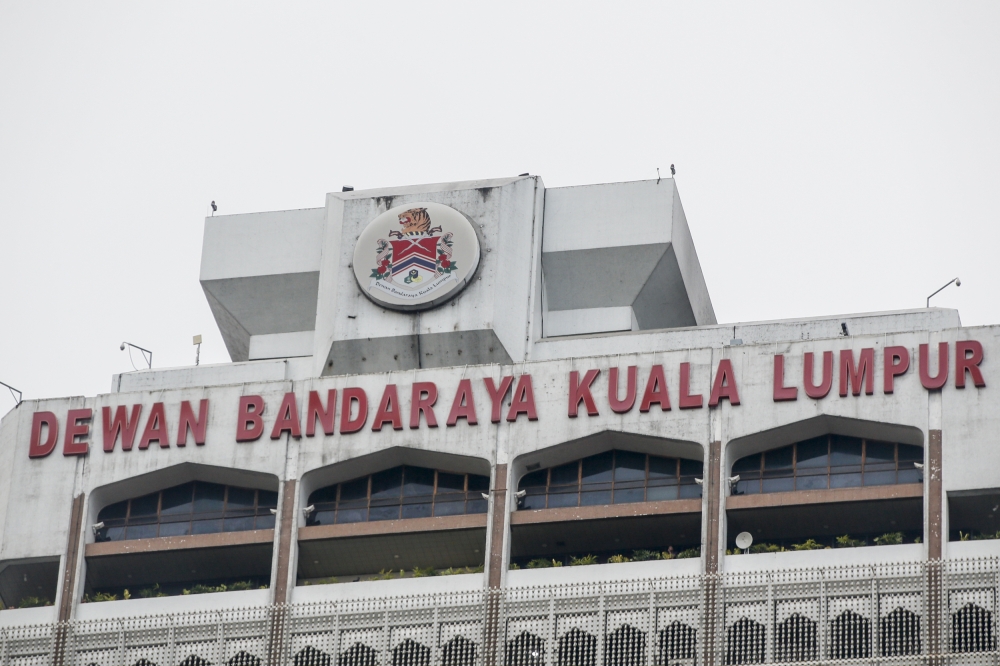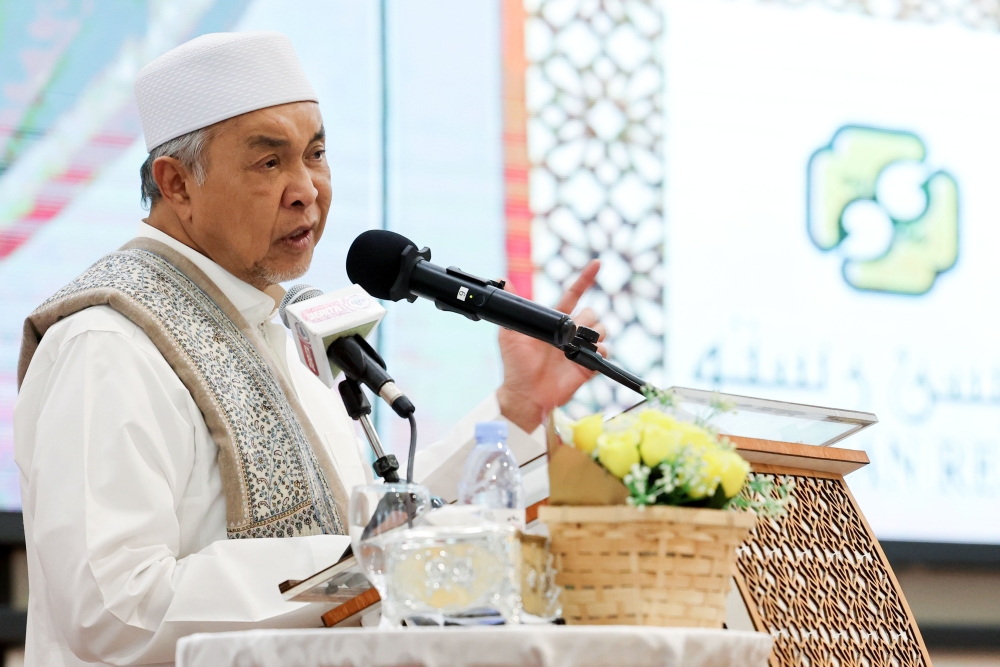KUALA LUMPUR, Aug 13 —Former finance minister Lim Guan Eng today questioned if RM44 billion in retirement savings that Malaysians took out from the Employees Provident Fund (EPF) earlier this year had caused an extraordinary jump in private sector consumption and ultimately contributed to Malaysia's stronger than expected economic growth in this year's April to June period.
Lim suggested that Malaysia's economic growth would be less robust in the remaining months of the year, if the economic growth in the second quarter of 2022 (April to June) was actually driven by EPF's previous special schemes allowing Malaysians to withdraw a portion of their savings before their retirement.
"Is Malaysia’s stronger than expected 2022 second-quarter growth of 8.9 per cent due to the extraordinary increase in private sector consumption and investment of 18.3 per cent and 6.3 per cent respectively following the one-off Employees Provident Fund (EPF) special withdrawals of RM10,000 disbursed in April 2022.
"If so, then growth for the second and fourth quarter may not be so robust since the effect from expenditure of the RM10,000 one-off EPF special withdrawals amounting to RM44 billion would have greatly dissipated," the DAP chairman said in a statement.
Yesterday, Malaysia was announced to have recorded a nominal gross domestic product (GDP) growth of 8.9 per cent in the second quarter of 2022 when compared to the same quarter in 2021.
The real GDP growth was merely 3.5 per cent, according to the Department of Statistics.
Lim noted that private sector consumption in Malaysia only grew by 5.5 per cent year-on-year in the first quarter of 2022, in contrast to the 18.9 per cent year-on-year growth in the second quarter of 2022.
"If the RM44 billion from the RM10,000 one-off special EPF withdrawal did not generate the 18.3 per cent jump in private sector consumption for the second quarter, Bank Negara should determine the source of the increase.
"This is necessary to see whether the 18.3 per cent private sector consumption increase can be replicated for the third and fourth quarter to enable Malaysia to continue enjoying robust economic growth," the Bagan MP said.
Lim said there was concern about whether Malaysia's second-quarter economic growth is too reliant on firm domestic demand, particularly the RM44 billion one-off special EPF withdrawals.
"Since there will be no more RM44 billion one-off EPF special withdrawals in the pipeline, Malaysia’s economic growth will depend on external demand, which is subject to slower global growth," he said.
"Despite Malaysia’s GDP growing for the first half of 2022 by 6.9 per cent, this is not reflected in the performance of Bursa Malaysia and in the value of the ringgit. The ringgit continues to decline against the Singapore dollar falling to the lowest value on record of RM3.25 on 11 August, falling to a 5-year low to the US dollar at RM4.46, and has even weakened against the Indonesian rupiah," he also said.
Lim pointed out that the Malaysian ringgit has continued to depreciate despite high oil prices and high palm oil prices, and argued that Bank Negara Malaysia's increase of interest rates by 50 basis points has not had a discernible effect.
"The weak ringgit has wreaked havoc for businessmen with rising prices for imported materials," he said.
Among other things, Lim cautioned against the Malaysian government's optimism that the country achieve the projected economic growth of up to 6.3 per cent for the entire 2022 when the International Monetary Fund had lowered projections for Malaysia's 2022 economic growth to 5.6 per cent.
"To sustain robust economic growth, Bank Negara should stop hiking interest rates, which has increasingly burdened businesses and housing loan borrowers," he said.
As of early March 2022, EPF had said its members had made pandemic-related withdrawals of RM101 billion. This came after three special schemes allowing such withdrawals, known as i-Lestari, i-Sinar and i-Citra.
Deputy finance minister Datuk Mohd Shahar Abdullah had on August 8 told the Dewan Negara that the impact on EPF members' savings is estimated to be RM155 billion, namely RM140 billion via four EPF withdrawal schemes and RM10 billion through a programme temporarily reducing the percentage of employees' income being placed in EPF savings unless they opted out.
Lim today said the three special withdrawal schemes saw RM101 billion being withdrawn by EPF members, and said RM44 billion more were withdrawn from the fourth scheme which allowed EPF members to make a special one-off withdrawal of RM10,000.


















